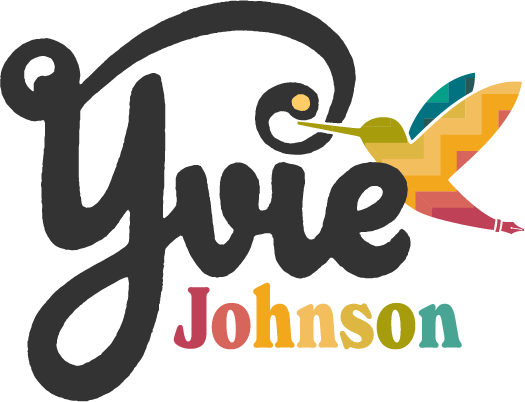
The measure of a person
I’ve learnt to measure strength, not with weights or speed, but by the adversity I overcome.
It still surprises me how in the fleetest of moments a chronic illness can break your spirit. You can endure pain for days, handle the impact on your everyday, but then comes the time when your spirit breaks and you simply can’t handle it anymore.
It has already taken the light from your eyes, sapping what is left of your energy and your dignity. Whilst your body screams, your soul does too, and you are left grieving for your lost self, angry that this is yours to endure.
Then it passes, you gasp for a breath as you grasp for life, ready to survive once again.

I had whispers of a quote at the back of my mind about ‘the measure of a man’ when writing this, and wondered if my thoughts on the life cycle of being chronically ill came anywhere close to the same meaning.
I found a Samuel Johnson quote describing how “the true measure of a man is how he treats someone who can do him absolutely no good”.
Plato meted out “the measure of a man is what he does with power”.
First Lady Michelle Obama gave us “the measure of any society is how it treats its women and girls”.
Philip K. Dick offered his version as “the true measure of a man is not his intelligence or how high he rises in this freak establishment. No, the true measure of a man is this: how quickly can he respond to the needs of others and how much of himself he can give”.
I noted a contribution from Richard E. Simmons that fell some way towards my own thoughts. “Simply stated, life’s greatest paradox can be summed up in the words, True strength is found in humility.” Not being a follower of biblical verses myself, assigning meaning to my words via biblical text feels like a clash of beliefs. But for context Simmons is referring to a story in Corinthians where the apostle Paul asks God to remove the pain and suffering of a thorn in his flesh. God tells him no, instead offering the paradox: “My grace is sufficient for you, for power is perfected in weakness”.

Nowadays we are likely to talk about strength alongside physical endurance, speed, stamina, power, while the trope healthy is the new skinny conjures lovely images of strong and able-bodied women in miniature outfits looking pretty sassy.
These were the images I idolised. I took great lengths to strengthen my core, improve my speed, my endurance, all the while believing my strength lay in how fast I was on the road, the hockey pitch, in the water or on a netball court. It was about how high I could jump. It was about how defined my muscles were. How toned my abs became. How strong I was able to convey by body shape alone. And I connected with that. I felt that I was able to measure up as someone who was strong because I put that effort in to be fit, with bonus points for managing career, child-rearing, university degree and the onset of a mental illness. As long as I was strong, I was strong.

The irony is that Pliny the Elder most convincingly satisfies what I’m trying to get at: “the depth of darkness to which you can descend and still live is an exact measure of the height to which you can aspire to reach”.
It’s taken a chronic illness putting me on my back, shrinking all of my muscle, hindering my ability to walk more than a few hundred metres in one day, preferring a sortie with wheelchair to a walk in the woods, to understand what this other strength is. My able-bodied perception of strength has been smashed to pieces by this disabled body keeping a home for ME (Myalgic Encephalopathy—also referred to as MEcfs).
There’s no turning a blind eye to what it really means to be able-bodied, a perspective that I am now surrounded by, reminded of, and, in all honesty, fiercely jealous of—and what it means to be disabled. There’s also no escaping how easy it is to feel insignificant with this (still raw) label.

Martin Luther King Jr said “the ultimate measure of a man is not where he stands in moments of comfort and convenience, but where he stands at times of challenge and controversy”.
I used to write about mental strength not simply meaning the absence of a mental illness, and resilience was most definitely a part of that narrative: being able to withstand the battles in your head to achieve outward goals. But what if the ability to achieve outward goals is also snatched from your toolbox. What if all you have left is your perception of life, your concentrated view of the world from your pinpoint position on the planet, and what your purpose is now whilst lying in your bed, mostly alone and in pain?
It brings little comfort to reconcile the idea that suffering is equal to harnessing divine strength. I think I’d just like to have my mobility back, to not manage pain every day, to go about my life quietly, if need be, free from the chronically ill part most certainly.
It may sound disingenuous to not want to be put through these paces to ascend to some higher enlightenment level, but my mind isn’t ready to swap the rambunctious enjoyment of nature, nurture, learning, sharing, travelling, discovering, for some belief that there is a purpose and it’s a good-un, just have faith, just yet.
